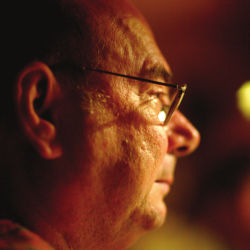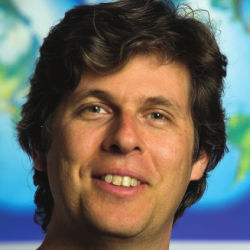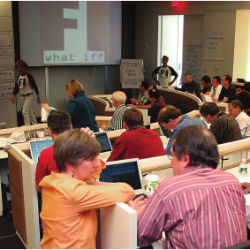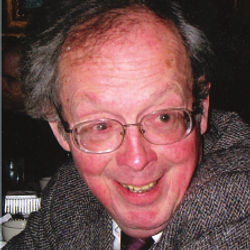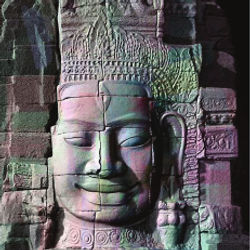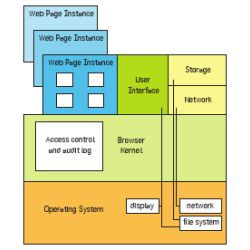Science Education Should Begin at Age Three
News
Building a Brain-Machine Interface
Alternate Interface Technologies Emerge
An Interview with Michael Rabin
Wireless Operators Struggle to Deliver Broadband
New Search Challenges and Opportunities
Robert Lovett Ashenhurst: 1929 – 2009
Automated Translation of Indian Languages
Augmented Reality Gets Ready For Work
How Search Engines Cope With Real-Time Data
Nadya Mason: From Pirouettes to Carbon Nanotubes
Shape the Future of Computing
ACM encourages its members to take a direct hand in shaping the future of the association. There are more ways than ever to get involved.
Get InvolvedCommunications of the ACM (CACM) is now a fully Open Access publication.
By opening CACM to the world, we hope to increase engagement among the broader computer science community and encourage non-members to discover the rich resources ACM has to offer.
Learn More







